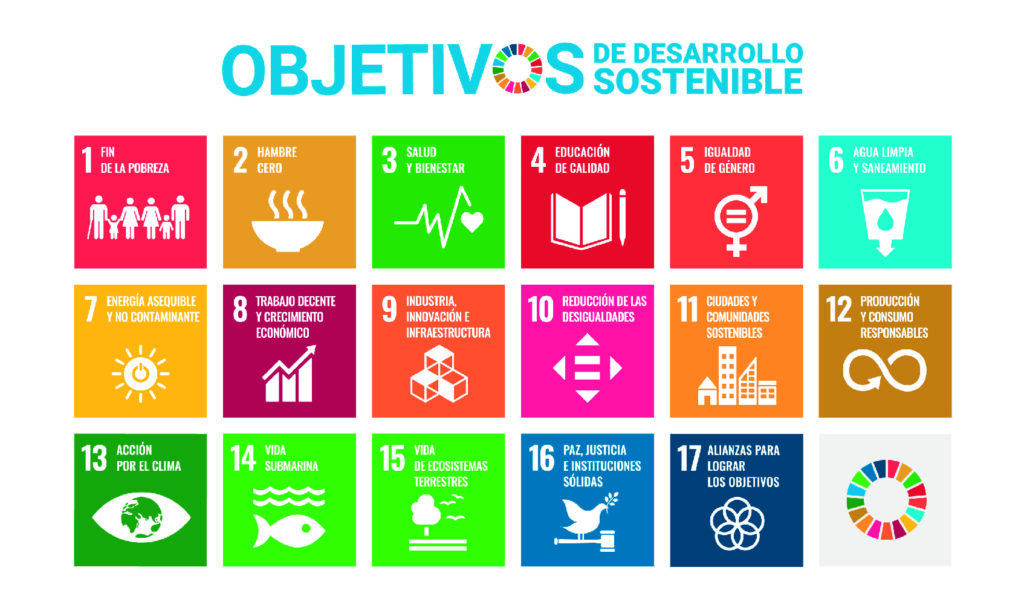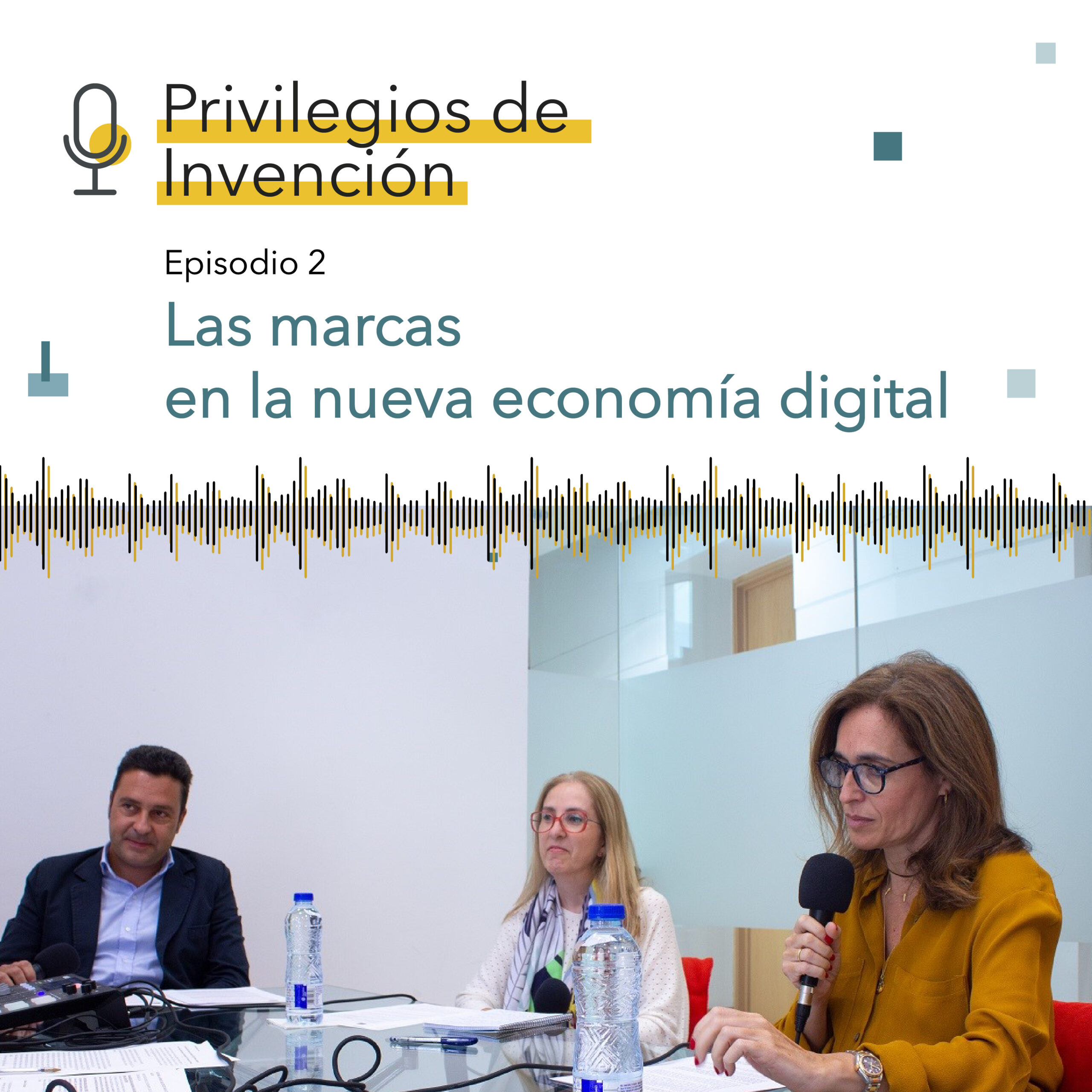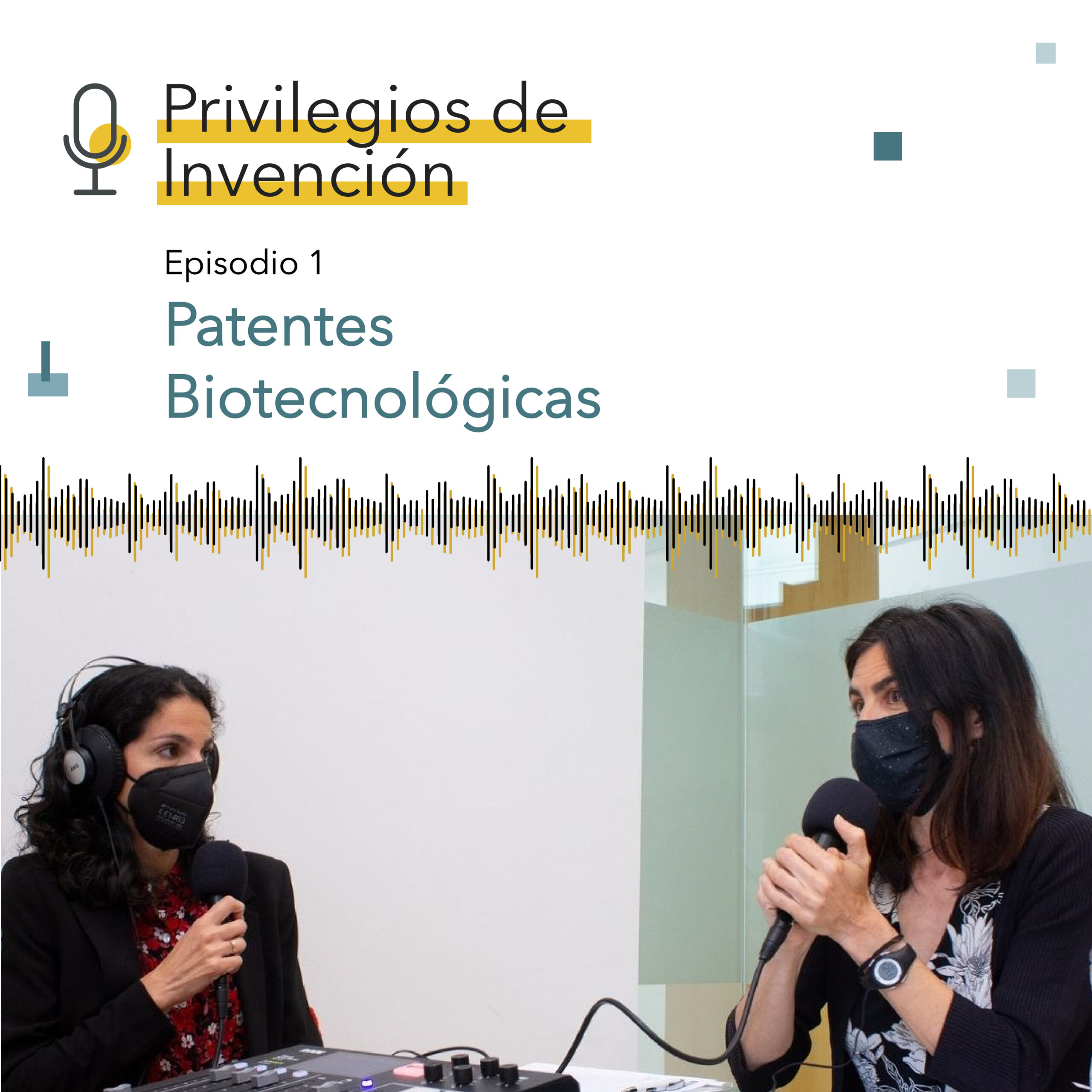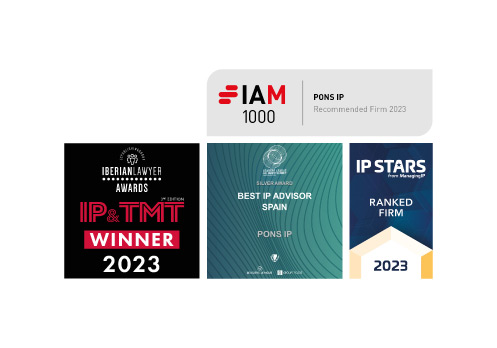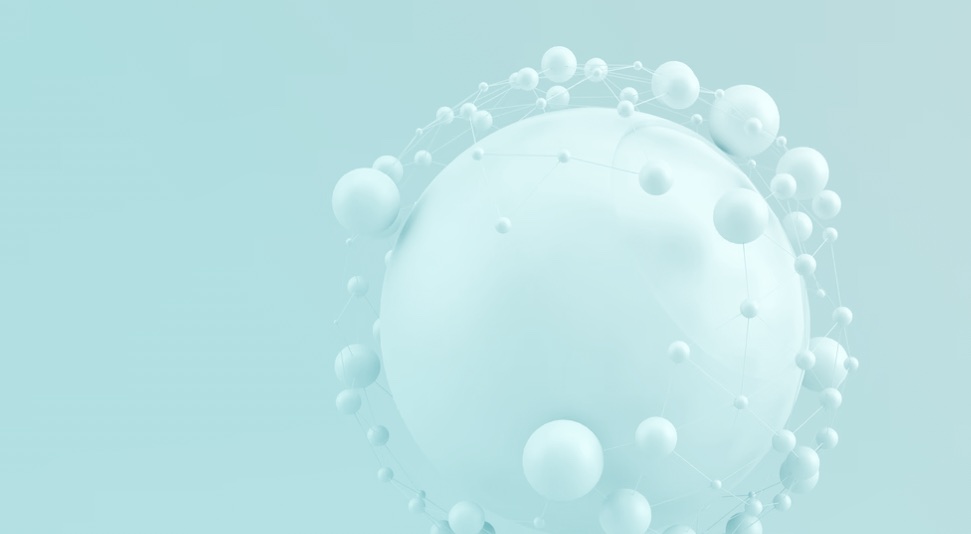The Sustainable Development Goals (SDGs) defined by the UN General Assembly mark the path we must follow to reduce inequality and protect the planet. For this reason, the challenges for the next seven years in view of the 2030 Agenda will focus on sustainable production, conscious consumption, access to health and overcoming technological gaps. Efforts to achieve this must be cooperative so that all nations can make progress and intellectual property (IP) will serve as the driving force for establishing said sustainable knowledge economy for everyone worldwide.
As we all know, the SDGs replaced the Millennium Development Goals (MDG) in 2015. Their purpose is very clear: to end poverty, protect the planet and ensure that everyone enjoys peace and prosperity by 2030; this implies making certain efforts to leave no country behind.
There are seventeen SDGs with a view to achieving a balance between social, economic and environmental sustainability from a global, regional and national perspective. To follow-up on these objectives, a series of global indicators with 169 universal targets are set, where Latin America and the Caribbean have a monitoring framework and Colombia has the CONPES 3918 of 2018 document, which includes 180 national indicators.
Leveraging on knowledge to leave no one behind seems to be a feasible commitment, in addition to harnessing creativity, technology and innovation to strengthen all nations in order to address challenges such as climate change, inequality and a possible food crisis. At seven years away from achieving the 2030 Agenda, it is easy to be pessimistic and refuse to roll up our sleeves, but that isn’t the best idea. Although committing to development cooperation and the challenges posed by the 2030 Agenda is difficult, it is the undoubtedly the path that will lead to a transformation in humanity.
Perhaps we are wondering what is IP’s role in achieving the SDGs, and its importance lies in its ability to encourage innovation, creativity and the promotion of solutions that eradicate poverty, ensure food security, fight diseases, improve tools for access to education, accelerate the transition towards a sustainable environment, increase productivity and foster business competitiveness.
In this sense, it is important to highlight the work that has been carried out to strengthen the role of intellectual property worldwide, for example through the protection of patents that protect green technologies, the protection of green trademarks that promote business sustainability, the impact on rural development that designations of origin can generate, or the protection of traditional knowledge, the protection of new plant varieties, among others.
For this reason, the World Intellectual Property Organization (WIPO) joined the United Nations Sustainable Development Group (UNSDG) at the beginning of 2022 and from there it continues its work, encouraging authors, creators and inventors to develop solutions that, for example, serve to improve the lives of all, managing global networks for the protection of intellectual property that contribute to the geographical expansion of the business activities of individuals and entrepreneurs, supporting the development of innovation ecosystems and promoting the use of tools for protecting intellectual property, leading to the creation of jobs, social welfare and economic development.
Some of the WIPO services that provide the necessary conditions for innovation, competitiveness and creativity to flourish are initiatives such as the IPC Green Inventory and the WIPO GREEN platform. The first initiative, as indicated by WIPO, is a tool that facilitates searches for information contained in patents related to environmentally friendly technologies. The second is a platform that brings together in one place technologies that are in all stages of development, from the research stage to the marketable product, and makes them available to the general public for licencing, collaboration, and sale. With the implementation of these types of tools, WIPO has not only made it possible for specialised knowledge to be disseminated through access to the general public, but it has also streamlined the development and implementation of green technologies around the world, promoting the transfer of technologies between countries and business sustainability.
Let’s look at some cases in which the use of different Intellectual Property tools has helped society benefit from real, tangible results that arise from the SDG achievements, such as the company qAIRa that uses drones and detection technology to combat air pollution, the Solar Impulse Foundation (Switzerland) which awards the Solar Impulse Efficient Solutions Label to clean technologies with a positive environmental impact, a group of researchers from Stellenbosch University (South Africa) that developed a method of depolymerizing phenolic polymers to convert waste pulp into a new feedstock for the chemical industry, and the company Sibö BV (Costa Rica) that created an insect-based protein extract that can be used as a food supplement for vulnerable populations.
To reinforce the important work carried out by WIPO, different multilateral organisations put forward initiatives that aim to promote innovation through the management of intellectual property. For example, the Organisation for Economic Cooperation and Development (OECD) makes an effort to do so by analysing the socioeconomic impact of intellectual property and promoting the adoption of public policies related to the protection, exploitation and transfer of technologies in the Member States.
If we take into account the latest report from the World Bank in 2022, which concludes that if there is no unprecedented rate of economic growth in the remainder of this decade, it is unlikely that the goal of ending extreme poverty worldwide by 2030 will be achieved, and if we look at the economic figures for year 2023 to date, which are not promising enough and indicate that the projection for world growth will slow down to 1.7%, we will undoubtedly be more exposed to a social and economic crisis with consequences that all countries will face, but which will be felt more directly by the most vulnerable countries like Colombia.
Given this outlook, the challenges we face for the next seven years in view of the 2030 Agenda focus on sustainable production, offering people and the planet the place they deserve within the productive activity of companies, and although the ultimate objective of these companies is an economic profit that leads them to grow and last over time, those practices that focus on well-being are what will lead to a significant transformation. The foregoing favours sustainable production patterns that can be attained by implementing new processes, raw materials or technologies, and in doing so, impacting the SDGs related to decent work and poverty reduction. Sustainable production will undeniably have an impact on the role of consumers in the supply chain, since when they see that companies sustainably produce the goods and services they acquire, they will begin to demand that all brands gradually become more ecological, socially responsible and thus make this visible.
Another aspect that poses a challenge is access to health and well-being which require the use of increasingly advanced vaccines, treatments and devices, the product of human ingenuity stimulated by its capacity for economic exploitation and recognition. However, to the extent that technological advances are more common, the guarantees of access that they must have for their use to promote development and the reduction of inequalities also become relevant. As such, nations face an even greater challenge when it comes to regulations and stimuli consistent with technological advances but which in turn guarantee the use of new technologies by society without discouraging innovation.
Finally, we cannot forget about the other industries that constantly generate technological advances and although it should be noted that access to technology in developing countries is increasing, its appropriation for progress requires greater public and private investment in infrastructure that allows the current technological gap to be overcome. Moreover, this is where WIPO initiatives play a cohesive role in making information on new technologies available to the business sector, society and academia and they promote international cooperation between countries to help reduce inequalities.
This year, the SDG Summit will be held in September, taking place during the United Nations General Assembly and bringing together Heads of State in New York to make an assessment and present the new challenges for achieving the SDGs. We must all be attentive to this evaluation, always bearing in mind that creativity, knowledge, technology and innovation driven by intellectual property are necessary to accelerate progress that will allow us to achieve the SDGs in all contexts of society.
Laura Patiño
IP Business Management and Training
World Bank. 2022. Poverty and Shared Prosperity 2022: Correcting Course. Washington, DC: World Bank. https://openknowledge.worldbank.org/entities/publication/a33782e6-415e-5699-a9a8-4a50dc4ae3bc
